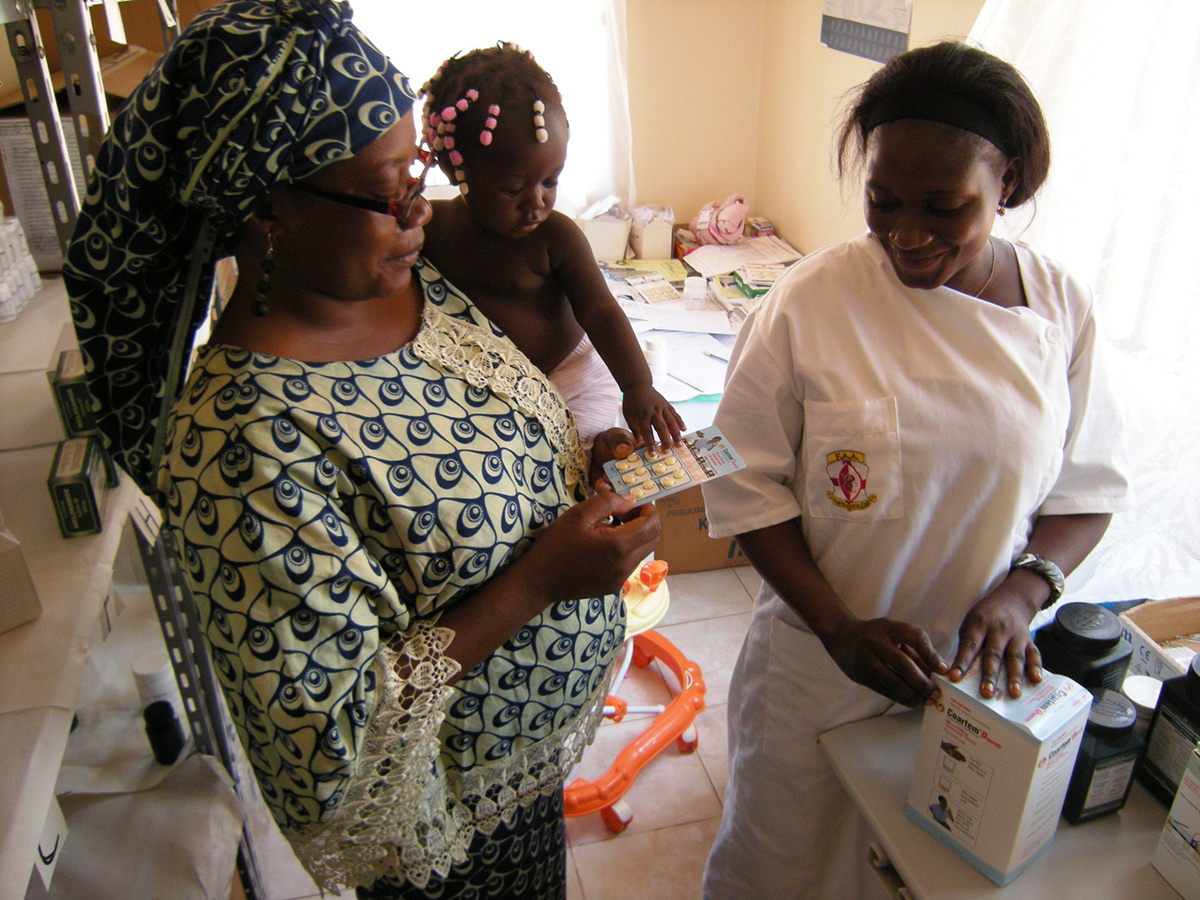
Nausea and vomiting are not considered to be illnesses, but the symptoms that suggest that’s something is wrong in our body. When throwing up, stomach is turning inside out, overcoming the pressure to keep the food inside.
Nausea and vomiting may occur because of the following reasons: acute gastritis, signals from the brain, some other stomach illnesses, some medical treatments and because of the mechanical obstruction of the bowels.
Acute gastritis is actually stomach inflammation, caused by infections, stomach flu, food poisoning, or some substances that irritate stomach. Infections could be viral, bacterial or parasite origin, usually followed with abdominal pain or diarrhea. Bacterial toxins are responsible for food poisoning and symptoms could easily last for a couple of days. Most likely, food poisoning are to be contracted from Salmonella, Campylobacter, Shigella, E. coli, Listeria, or Clostridium botulinum (botulism) infection.
Alcohol, smoking and some anti-inflammatory medications (aspirin or ibuprofen) irritate the stomach and may provoke nauseas and vomiting. Peptic ulcer and Gastroesophageal reflux disease (GERD) are other possible explanations for nausea and vomiting cases.
Many medications side effects includes nausea and vomiting. The worst are anti-cancer drugs, especially chemotherapy medications and radiation therapy. Narcotic pain drugs and other anti-inflammatory (steroids and non-steroid) medications and antibiotics also have the same side effects.
Bowel obstruction is usually connected with abdominal pain, inability to pass gas, decrease in bowel movements and nausea and vomiting. Small intestine gets blocked, the content of the intestines cannot pass through and there’s a buildup of food and fluids in the stomach.
The first trimester of pregnancy and sometimes even the whole pregnancy is often associated with the nausea and vomiting. Possible explanation might be the changes in the blood levels of hormones, that normally follow pregnancy.
When it comes to children sometimes you can’t tell if the child is vomiting or spitting up. If it happens after feeding and only a small amount comes up, it could be just spitting.
When a newborn is vomiting strongly after eating (the vomit is flying across the room) it is possible that a child is suffering from pyloric stenosis. This is narrowing of the area at which the stomach empties into the small intestine. The diagnose is confirmed with an ultrasound and surgically treated.
Sometimes, babies have vomiting associated with pain, cry uncontrollably and the stool contains blood in it. A child have to be taken to the doctor, who might diagnose intussusception (one segment of the bowel is pushing into an neighboringsegment).
Vomiting and nausea associated with diarrhea could mean that a child is having a viral infection, or the baby formula you have been using to feed him/her is not appropriate.
Any vomiting in children that lasts for more than 24 hours is the reason the consult the doctor about the situation.

















Your thoughts on this
Loading...